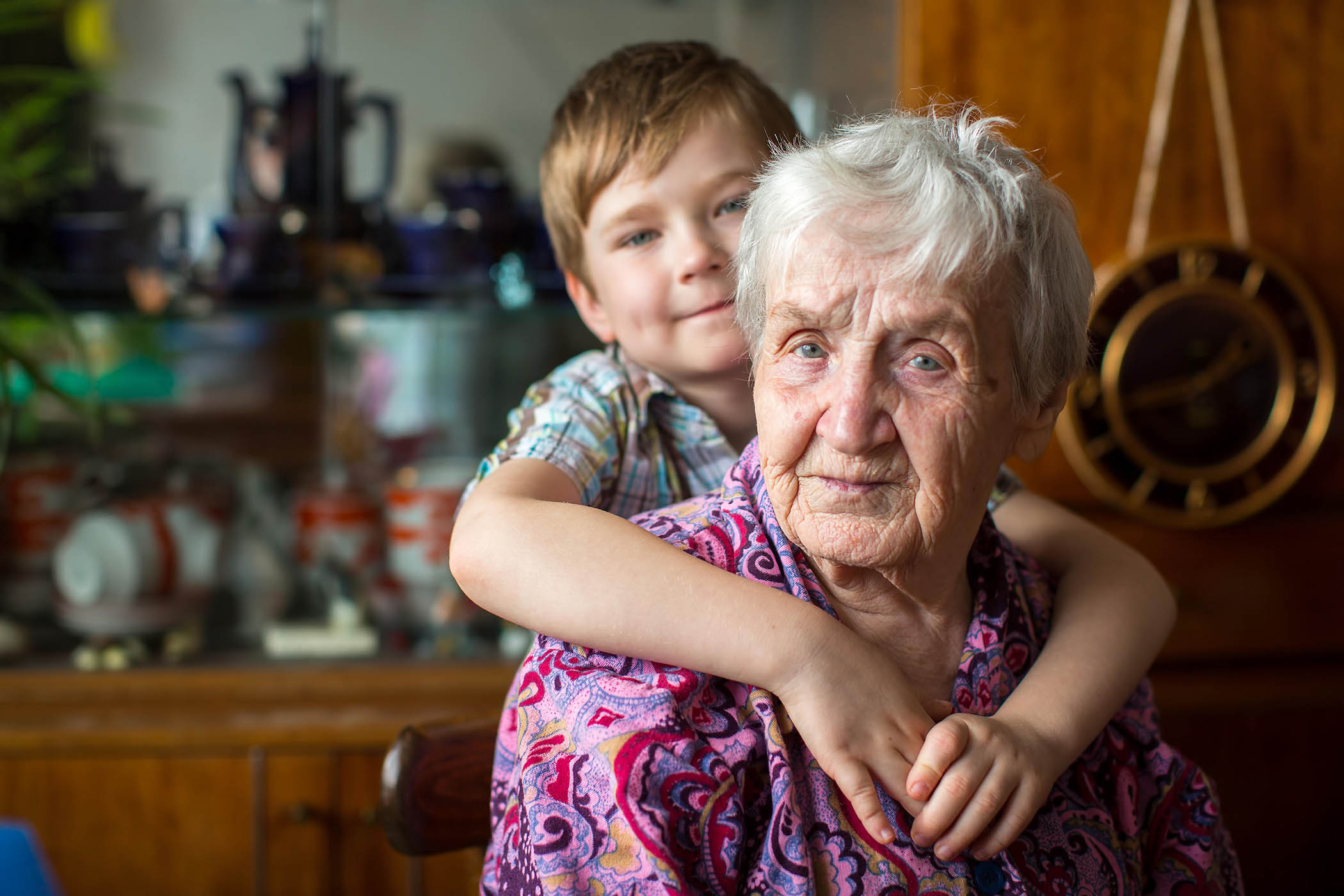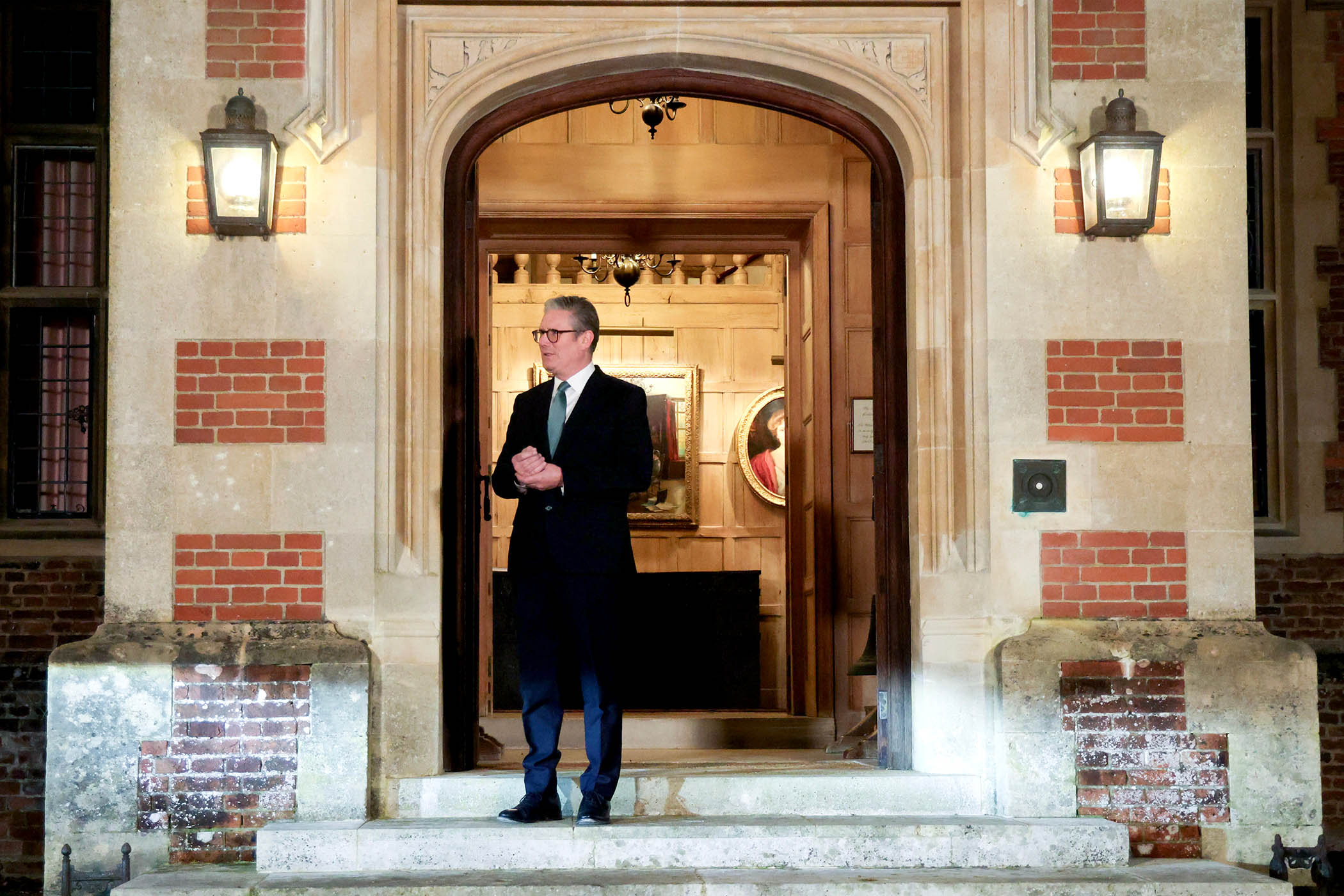Rachel Reeves is poised to raise income tax by 2p while cutting national insurance by the same amount as part of a tax-raising budget designed to transfer wealth between the generations.
The “two up, two down” tax measure is set to be the central announcement in the chancellor’s statement on 26 November, according to people familiar with her plans. “It’s nailed on,” said one source.
The change would represent a significant shift of resources from older pensioners and landlords, who pay income tax but not national insurance, to younger workers who pay both.
It would be a clear breach of Labour’s election manifesto commitment not to raise any of the three main taxes – income tax, national insurance and VAT – but senior figures hope that simultaneously reducing national insurance contributions while increasing income tax will allow the chancellor to argue that she is protecting “working people”.
However, higher earners could still be hit by the plan. Reeves is expected to limit the national insurance cut to the main rate, which applies to earnings up to £50,270. This would mean that people paid more than this would not receive the deduction and would still pay the higher rate of income tax.
The Resolution Foundation thinktank has calculated that if this were combined with 2p increases to the basic, higher and additional income tax rates, the change would raise about £11bn a year. Freezing tax thresholds for another two years could almost double this, as the chancellor looks to fill a hole in the public finances estimated at £30bn.
Although Treasury sources insisted that the budget is still not completely “locked down” and things could yet change, the plans are close to being finalised.
Reeves has to send her final list of measures to the Office for Budget Responsibility on Wednesday.
Related articles:
One of the key themes will be the redistribution of wealth from older to younger people and the shift of taxation from income to assets.
Torsten Bell, the Treasury minister in charge of budget preparations, and Minouche Shafik, the prime minister’s chief economic adviser, have both long argued for the economy to be reshaped to tackle what they see as intergenerational unfairness in the system.
Newsletters
Choose the newsletters you want to receive
View more
For information about how The Observer protects your data, read our Privacy Policy
One ally of the chancellor said: “It’s not pitting one generation against the other but [Reeves] does feel that the previous government had an institutional bias towards the older generation at the expense of the younger.”
‘She feels the previous government had an institutional bias towards the older generation at the expense of the younger’
‘She feels the previous government had an institutional bias towards the older generation at the expense of the younger’
Rachel Reeves ally
Among what is described as a “smorgasbord” of tax-raising measures in the budget – a reference to Bell’s Swedish heritage – the chancellor is expected to announce a new top rate of council tax for those with the most valuable homes.
It is understood that she has backed away from sweeping reforms to property taxation, including the introduction of a new proportional property tax or a full revaluation of council tax – although these are still on the agenda longer term.
There could also be changes to the tax breaks for pensions. The chancellor is not planning to scrap the triple lock, which guarantees that pensions will rise by the highest of three measures – inflation, average earnings growth or 2.5%.
Road-pricing is expected to be introduced for electric vehicles, with drivers required to pay 3p a mile, on top of other vehicle taxes, as Reeves attempts to offset the losses from fuel duty as people move away from petrol and diesel cars.
A tax rise for online gambling companies is likely, although horse racing appears to have been protected.
Younger people are expected to be the main beneficiaries of the chancellor’s spending commitments.
The two-child benefit cap will be scrapped in its current form in the budget, though the detail is still unclear. One senior figure suggested that the cap could be applied to those with four or more children rather than abolished altogether, but Treasury sources insisted that the chancellor was “personally very committed” to tackling child poverty.
The government is set to announce funding for a new “youth guarantee” in the coming weeks. Companies will be subsidised to take on young unemployed people, with the taxpayer contributing to their salary for a period of time.
The chancellor is drawing up plans to cut energy bills to tackle the cost of living crisis. One option is to scrap the 5% VAT that is added to energy bills and another is for the environmental measures to be funded from general taxation rather than charged directly to customers.
The decision to raise income tax, which was signalled by Reeves in a speech last week, is a huge gamble for the chancellor but her allies believe that it is the only way to generate enough money to avoid swingeing cuts to public services while also giving herself enough headroom to create a sense of stability.
One cabinet minister said “levelling with the public” was the best way to retain trust.
They said: “The world has changed. It’s going to be a budget that reflects the true extent of the challenges the economy faces. If you don’t go for a mainstream measure, and you go for smaller groups of people, then those smaller groups of people have to pay a disproportionately higher amount.”
Another senior Labour figure said: “It’s a choice between breaking the narrow manifesto commitment on tax, and breaking the broader manifesto promise to deliver change. In the end, the government will be judged at the next election on whether or not it’s delivered change.”
Photograph by De Visu via Alamy



